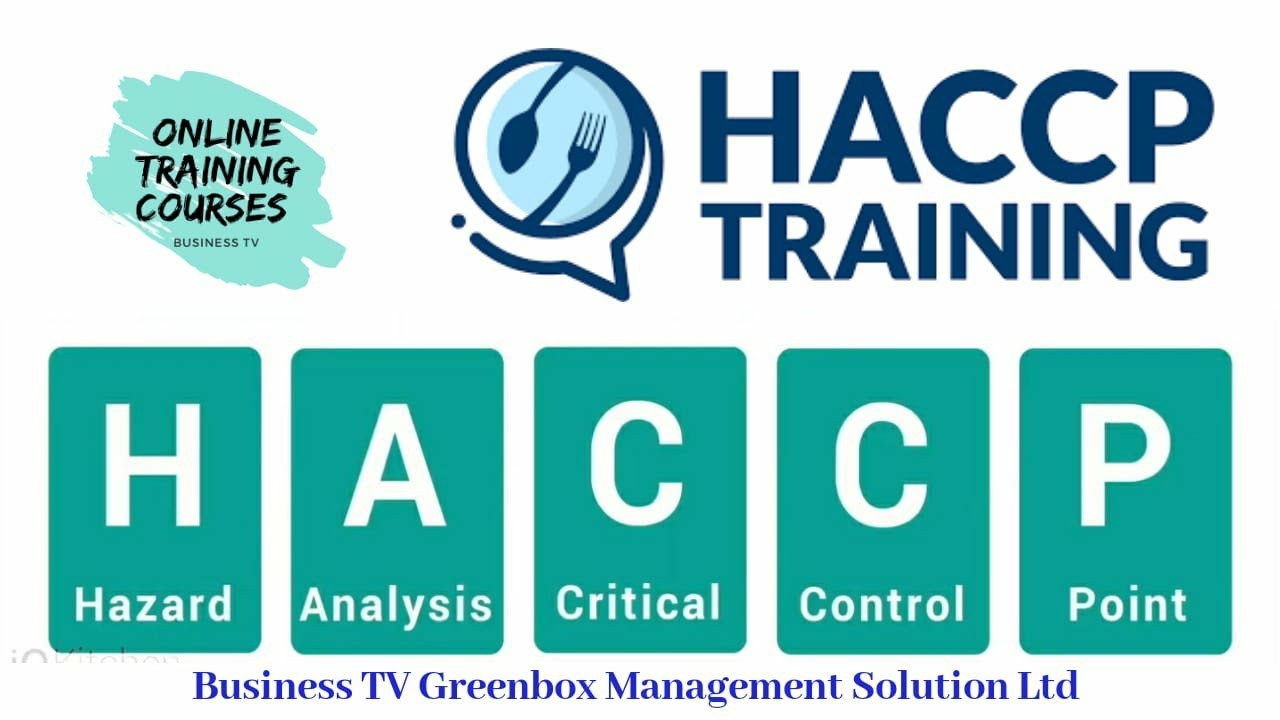


 349,500 Offered Certificates
349,500 Offered Certificates
 24/7 Online Training
24/7 Online Training
 Money Back Guarantee
Money Back Guarantee
 Fully Accredited Courses
Fully Accredited Courses

Created at: 26-02-2025 13:58
In the vibrant food industry of Ireland, ensuring the safety and quality of food is of paramount importance. With a diverse array of restaurants, catering services, and food manufacturing businesses across cities like Dublin, Cork, Galway, Limerick, Waterford, and Belfast, complying with food safety regulations is not just a recommendation; it's a legal requirement. One critical component in achieving this compliance is HACCP (Hazard Analysis Critical Control Point) training.
HACCP is a systematic preventive approach to food safety that focuses on identifying and controlling potential hazards in food production processes. It is built upon seven core principles:
In Ireland, HACCP training is mandated by both national and EU food safety laws. This requirement underscores the importance of effective food safety management systems in protecting public health and maintaining food integrity.
The Food Safety Authority of Ireland (FSAI) emphasizes that all food businesses must implement a food safety management system based on HACCP principles. Failure to comply can lead to serious consequences, including fines, closure, and irreparable damage to a business's reputation.
Investing in HACCP training offers an array of benefits for food businesses:
Achieving HACCP certification involves several steps:
With the evolution of training formats, food businesses can choose between online and in-person HACCP training courses. Online training offers flexibility and accessibility, allowing staff to learn at their own pace. In contrast, in-person training provides direct interaction and hands-on experience with instructors, which can be beneficial for complex processes.
Many businesses fail to achieve compliance due to common pitfalls, such as:
To prevent these violations, prioritize regular training refreshers, create a culture of food safety, and stay informed on regulatory changes.
Achieving HACCP compliance not only protects public health but also enhances your brand’s reputation. Consumers are increasingly aware of food safety standards and prefer businesses that prioritize their health. By being HACCP certified, you can demonstrate your commitment to excellence in food safety and gain consumer trust.
Regular audits are crucial to ensure that your HACCP plan remains effective. During an audit, review your processes, check records, and verify that all staff comply with established procedures. This ongoing evaluation helps identify potential areas for improvement and reinforces a culture of safety within your organization.
In the fast-paced food industry landscape of Dublin, Cork, Galway, Limerick, Waterford, and Belfast, HACCP training is not just a legal requirement; it is a crucial step towards operational excellence and customer satisfaction. Don’t leave food safety to chance. Enroll in our HACCP training courses today to safeguard your business and foster customer trust.
For more information or to register, visit HACCP Training Course or contact us at [email protected].